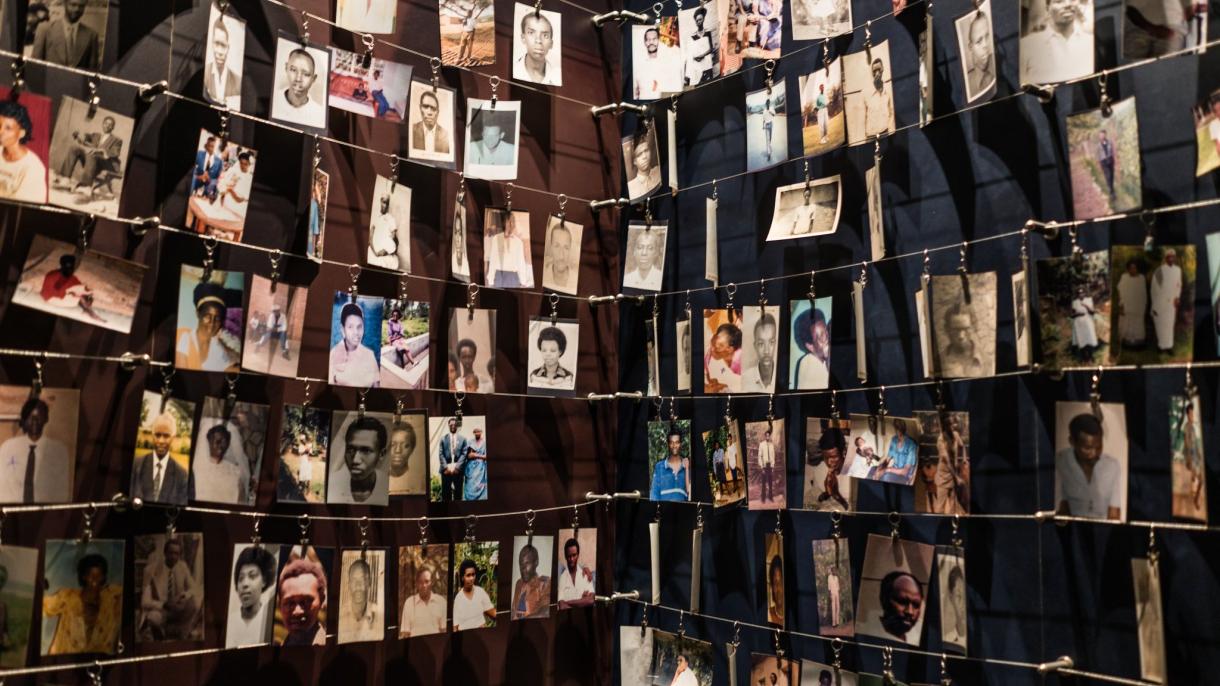
 This image is licensed under Creative Commons License.
This image is licensed under Creative Commons License.
Online event
- Monday, 18. March 2024 6:30 pm – 8:30 pm Save in my calendar
Lessons learnt from the Genocide in Rwanda
The Need for Mechanisms to prevent Genocide and Crimes against Humanity
With around 800 000 deaths in one hundred days, the genocide in Rwanda in 1994 was a global political turning point that raised fundamental questions about international responsibility for genocide and cast doubt on the ability of both the United Nations and the individual member states to act in cases of genocide and crimes against humanity.
German diplomacy at the time also underestimated the ethnic dimension of the conflict and overlooked the mobilisation by media as well as the degree of organisation of the prepared violence against the Tutsi. As with other international actors, the German government failed to react to the escalating situation in Rwanda at an early stage.
A quarter of a century after the genocide in Rwanda, the political archive of the Federal Foreign Office granted access to a selection of relevant files for the first time in 2020. Based on the analysis of these documents, Sarah Brockmeier and Anton Peez published the Heinrich Böll Foundations e-paper "Akteneinsichten" in 2021, which is now being published in English in the run-up to the 30th anniversary of the genocide in Rwanda.
The insights into the files continue to raise questions about the need to come to terms with Germany's role during the genocide, the need to strengthen mechanisms for early detection and early prevention by political and legal means. They continue to be highly relevant in view of current violent conflicts.
What factors prevented the German government at the time from correctly assessing the impending genocide in Rwanda and what shortcomings were there? To what extent has a reappraisal with regard to improving crisis prevention in Germany been successful to date? What lessons have been learnt by the United Nations and what has become of the "Responsibility to Protect"? What lessons can be learnt for today's escalating conflicts and what role do international legal institutions, such as the International Court of Justice, play in this?
We want to discuss these and other questions with our guests:
- Dr. Anton Peez, Goethe-University Frankfurt/PRIF and co-author of "Akteneinsichten"
- Dr. Gregor Hofmann, Chair person of Genocide Alert e.V.
- Katja Keul, Minister of State at the Federal Foreign Office
Moderation: Andrea Böhm, Die Zeit
Contakt:
Elisabeth Massute
Senior Programme Officer Africa
E massute@boell.de
» Online participation in ZOOM
The access information will be sent to you by email 24 hours and then 2 hours prior to the event.
You can use either the Zoom Client software or the app. If you are using either the Chrome or Edge browsers you will be able to participate directly via the access link. For more information on how to use Zoom, click here.
Please make sure that you are using the latest version of Zoom so that you have the necessary settings. You will need a microphone and possibly a camera for events with audience participation.
The Heinrich Böll Foundation is not liable for issues arising from the use of Zoom software. Zoom's current privacy policy can be found here.
» Livestream
Alternatively, you can follow the event via the livestream without registering.
- Timezone
- CET
- Address
-
➽ Online Event
- Language
- German
- English
- Simultaneous translation
- Livestream
- Watch livestream

